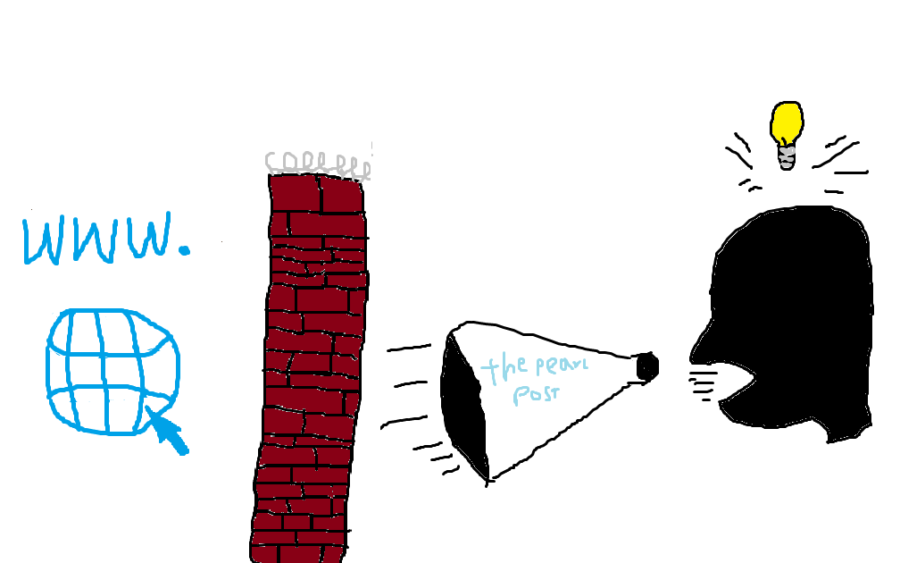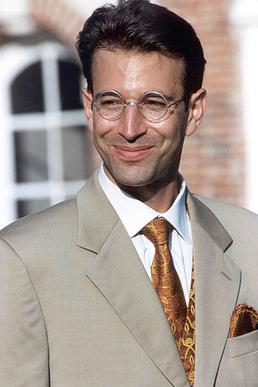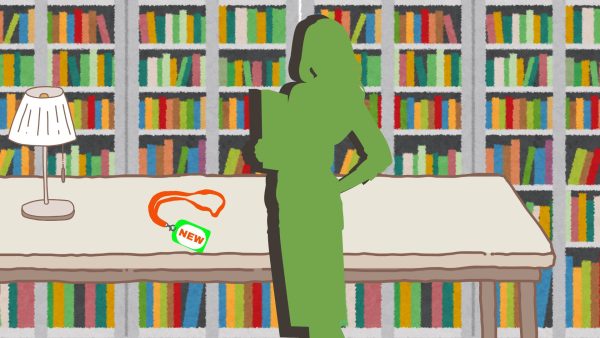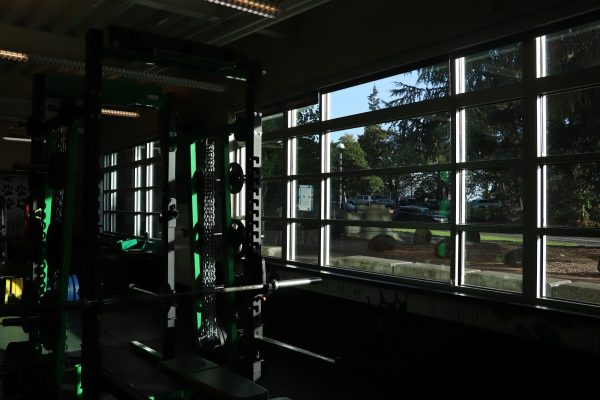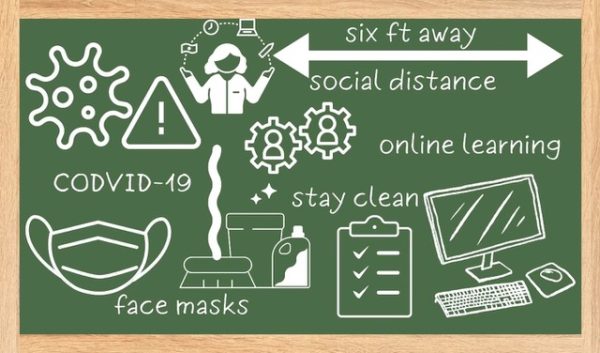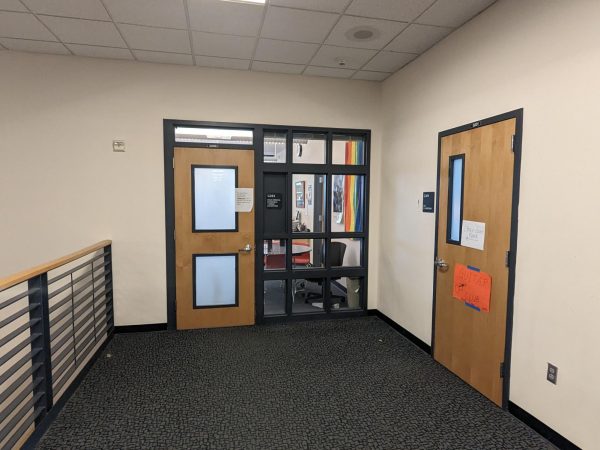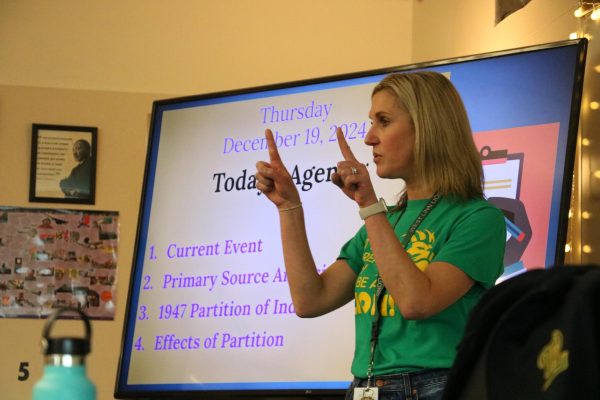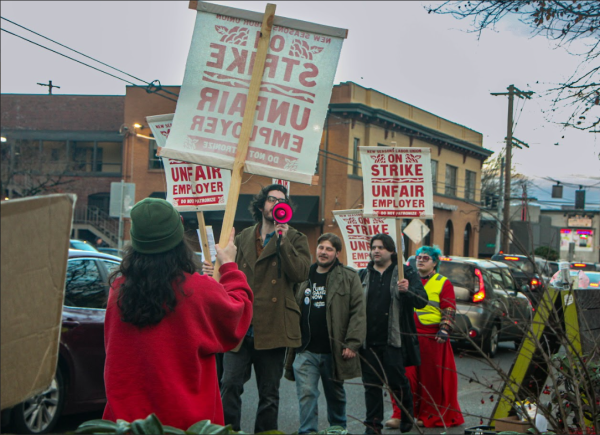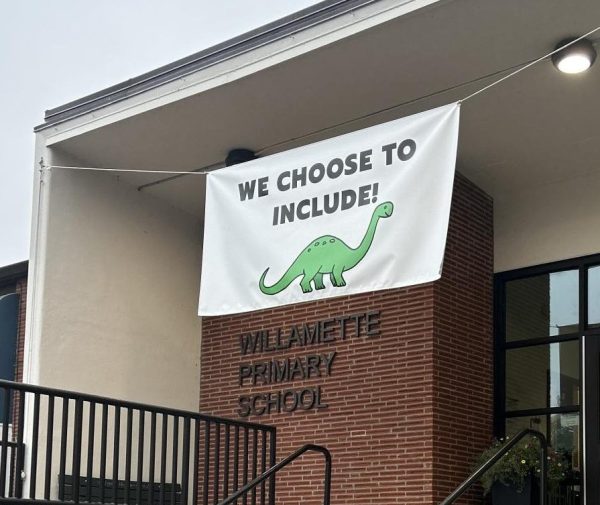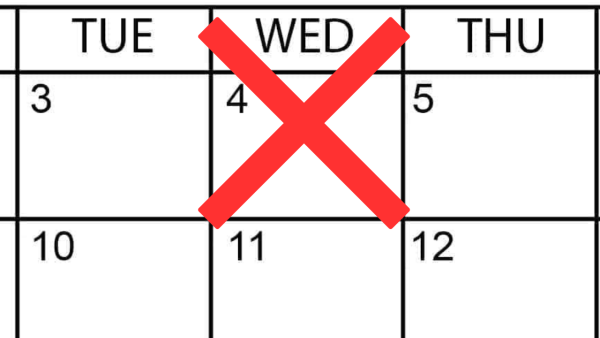Student journalists at Daniel Pearl Magnet School face censorship
Freedom of press challenged, advisor suspended, then suspension overturned.
Student Journalists at The Pearl Post hit a brick wall.
Throughout history, freedom of speech has been a prominent issue. Whether it be the suppression of journalists in the 13 colonies that led to the creation of our first amendment, or the half truths and lies told by the Soviet press, it has always been a conflict of interest.
One such case stands out, being the recent suspension of a journalism teacher at the Daniel Pearl Magnet School.
To give some context, on Feb. 1 2002, Daniel Pearl, a reporter for the Wall Street Journal was kidnapped by Pakistani nationalists while going to what was thought to be an interview with a religious leader in the city of Karachi. Shortly after his kidnapping, he was held for ransom by the militants, and subsequently killed.
News of Pearl’s death caused outrage throughout the Western world. This in turn instilled more fear for a post 9/11 America that was battling the war on terror.
Daniel Pearl in particular was remembered for his work as a journalist and his contribution to The Wall Street Journal. In Pearl’s memory, the Daniel Pearl Magnet School was founded in 2009. It was created with a journalism centric curriculum in mind.
It goes without saying that the job of a journalist is to deliver news to the public and in the United States specifically, there are rights that protect news agencies and journalists from persecution.
As long as the press does not release classified information and remains correct, they are typically unscathed.
However, recently at the Daniel Magnet School, an article from their student run website was taken down by the principal after the advisor of the school newspaper refused to take down the article. The reason for the principal’s request was due to a former staff member’s name being in the article.
For a school founded on principles of freedom of press, this move has been unexpected by many.
Should news be taken down by the decree of one person? It’s certainly a question to ponder. Some people may claim that this move is unjust because of the first amendment and the idea of freedom of press. Though, many may argue that the principal is well within their rights.
Looking at technicalities, the principal’s actions are justified by the law. If you take into account the fact that a school newspaper is still affiliated with an educational institution, it is well within the school’s jurisdiction to take down material that may cause a disturbance among students or tarnish the reputation of the school.
It has been well documented that events similar to this are common. For example, in the Bethel v Fraser case, Matthew Fraser was punished for a student government speech he made that was deemed vulgar by the school. This in turn created problems for Fraser. At one point, the principal made the decision to bar Fraser from giving a graduation speech. When this case was taken to court on pretenses of first amendment violations, ultimately it was decided that the school was well within their rights to punish Fraser, due to the fact that he was warned against the speech prior to giving it and it used obscene language and sexual themes in the presence of minors.
When you compare this to the situation at the Daniel Pearl Magnet school, there is a clear difference. Frasers speech was not connected to the school press and was not encouraged by any of the school staff, unlike the article at the Daniel Pearl Magnet School which was not at all obscene and simply stated facts.
To use this case as a comparison is simply not accurate and is vastly different. This incident at the Daniel Pearl Magnet School, whether you agree or not, the article was not offensive or obscene. In addition the press site was not breaking any press laws.
Following an outpour of support, administrators overturned their prior decision, reinstating the advisor.
However, it poses many questions such as; Why can a school newspaper be sued like the regular press if they do not have the same rights as the regular press? What sort of harm or threat did the article pose?
These are all questions to ponder, questions that you as an individual should try to answer.
Ultimately, if one of our most important constitutional rights is threatened, we should as Americans realize that we are very much affected by this.
Your donation will support the student journalists of West Linn High School. Your contribution will allow us to continue to produce quality content by purchasing equipment, software, and continuing to host our website on School Newspapers Online (SNO).

Noa Richardson, senior, is a Staff Reporter for wlhsNOW. He aspires one day to write fiction and to pursue a career in journalism. He aims to create engaging,...




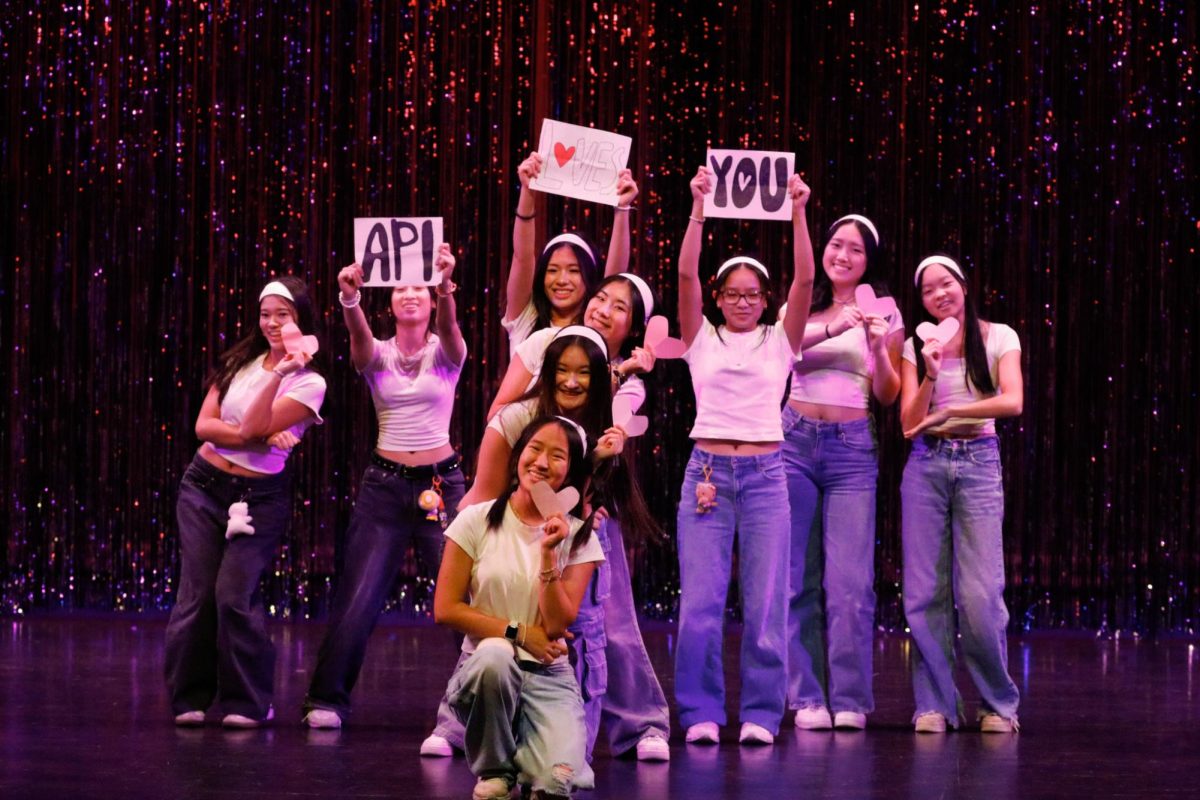
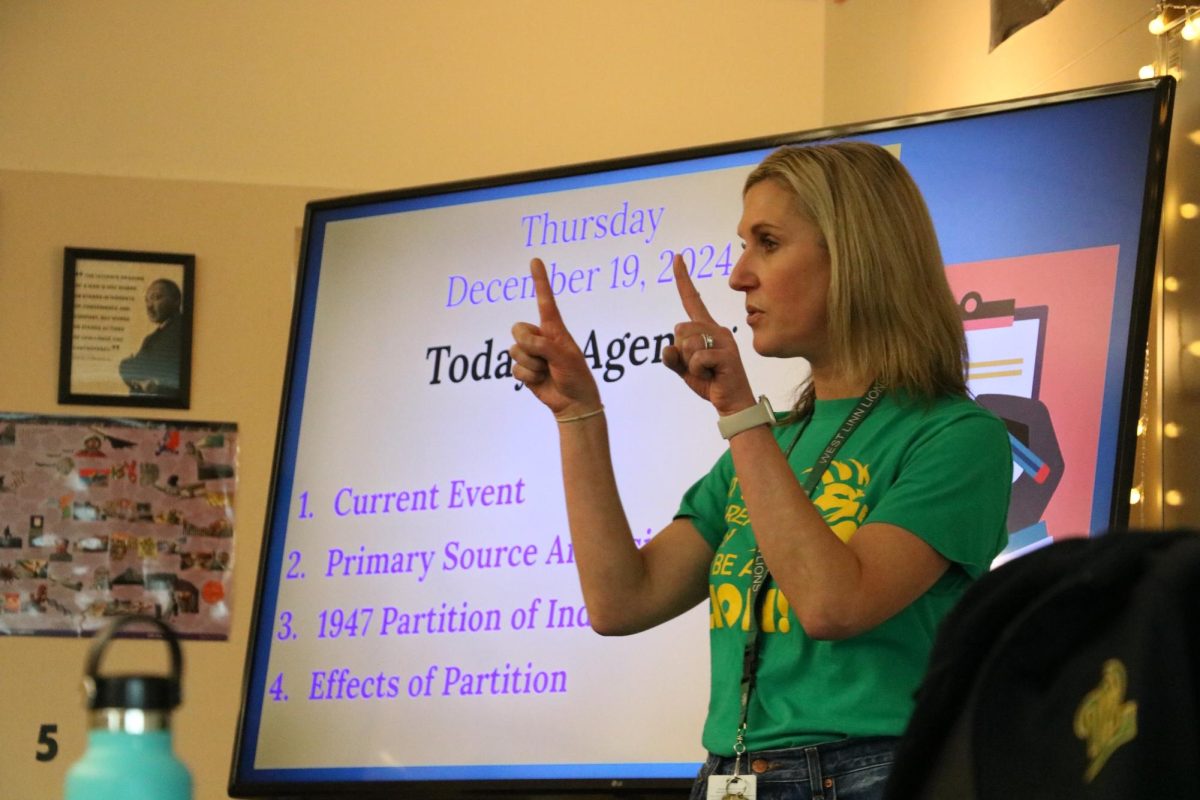


















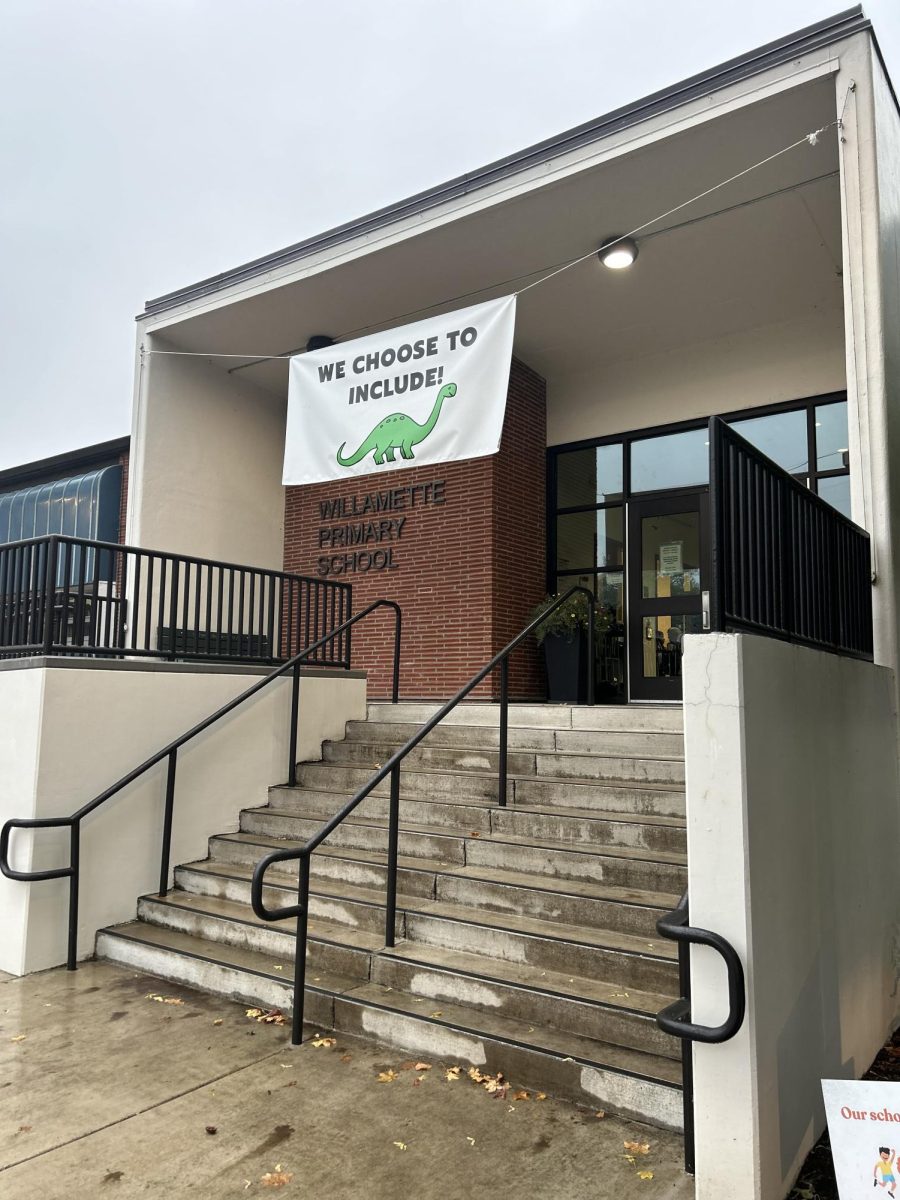


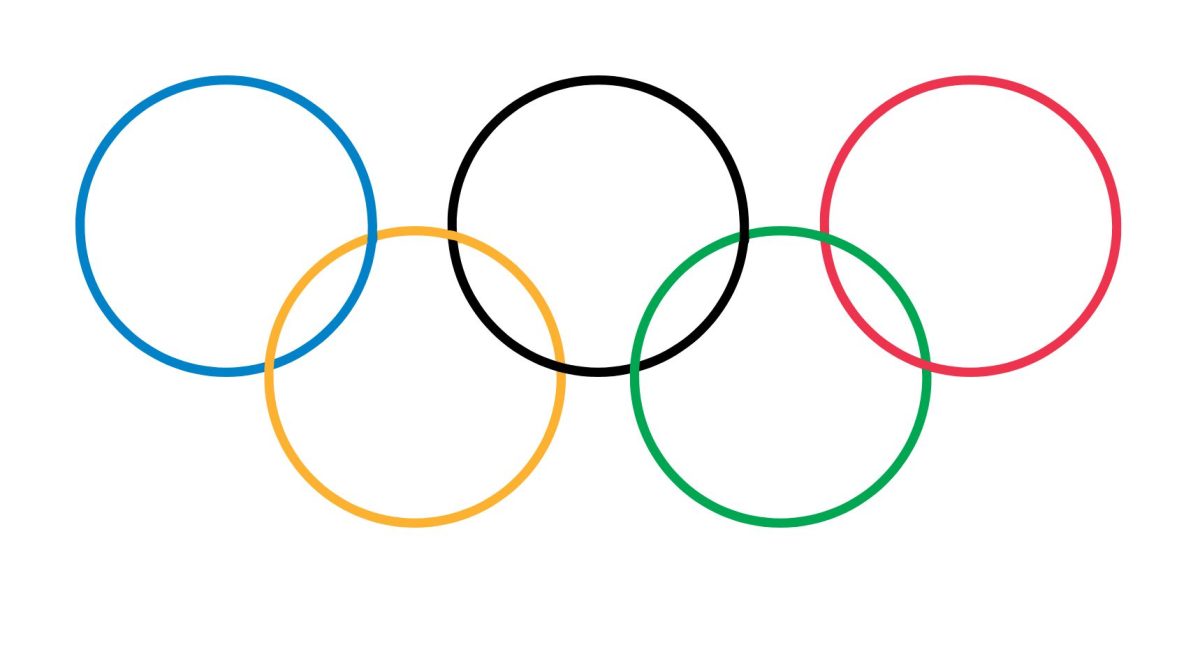





















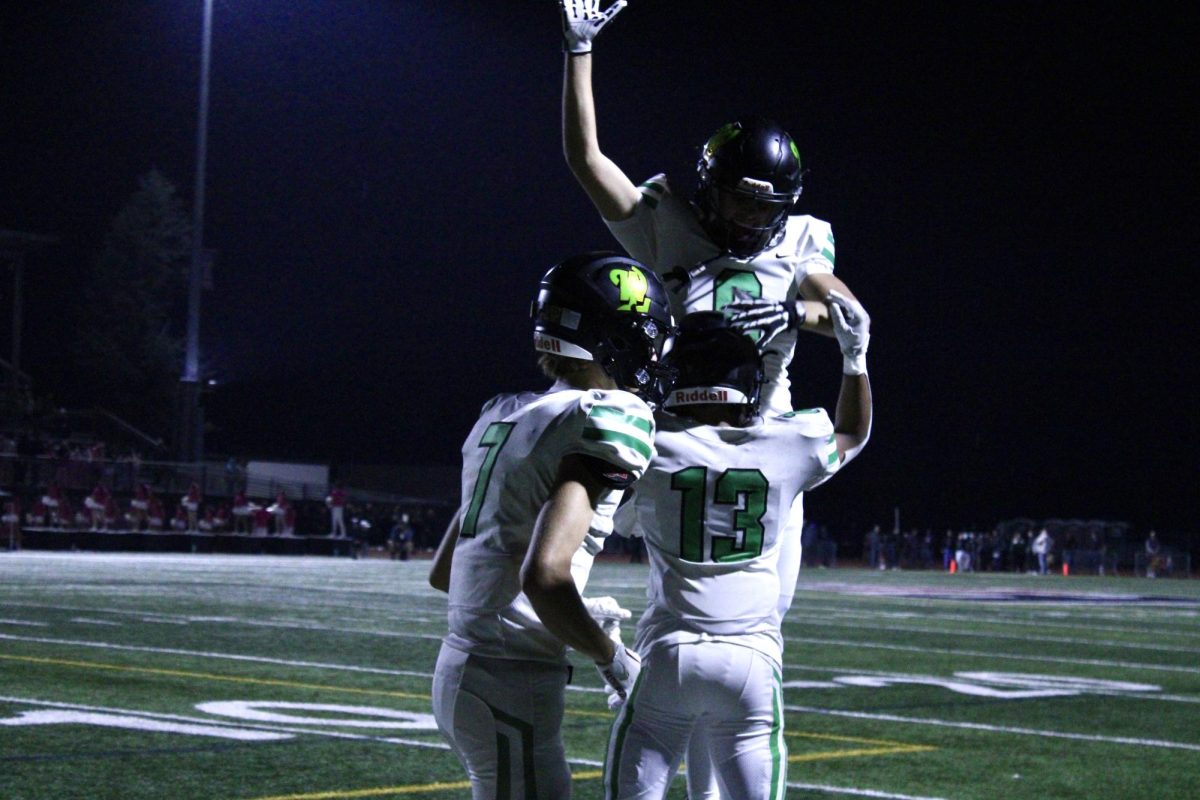












![At the bottom of the third inning, the Lions are still scoreless. Rowe stands at home plate, preparing to bat, while Vandenbrink stands off to the side as the next batter up. Despite having the bases loaded, the team was unable to score any runs. “It’s just the beginning of the season. We’re just going to be playing out best by June, [and] that’s where champions are,” Rowe said.](https://wlhsnow.com/wp-content/uploads/2024/03/IMG_3077-1200x900.jpg)







































![All smiles. The group poses for a photo with last year’s book, “This is Our House,” along with their award for third Best in Show. Meikle, who was an Editor-in-Chief for the yearbook last year as well, holds both and stands at the center of the group. “That was an amazing feeling, going and grabbing the third place award,” Meikle said. “All of it paid off. I cried so much over that book, being able to receive [the award] was one of the highlights of my high school career, it was like the coolest thing ever.”](https://wlhsnow.com/wp-content/uploads/2024/11/8bookpose_philly-1200x800.jpg)













